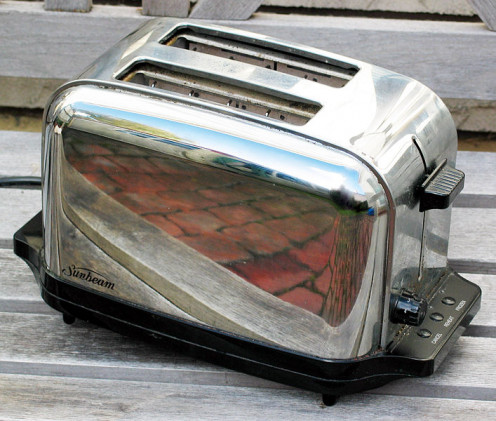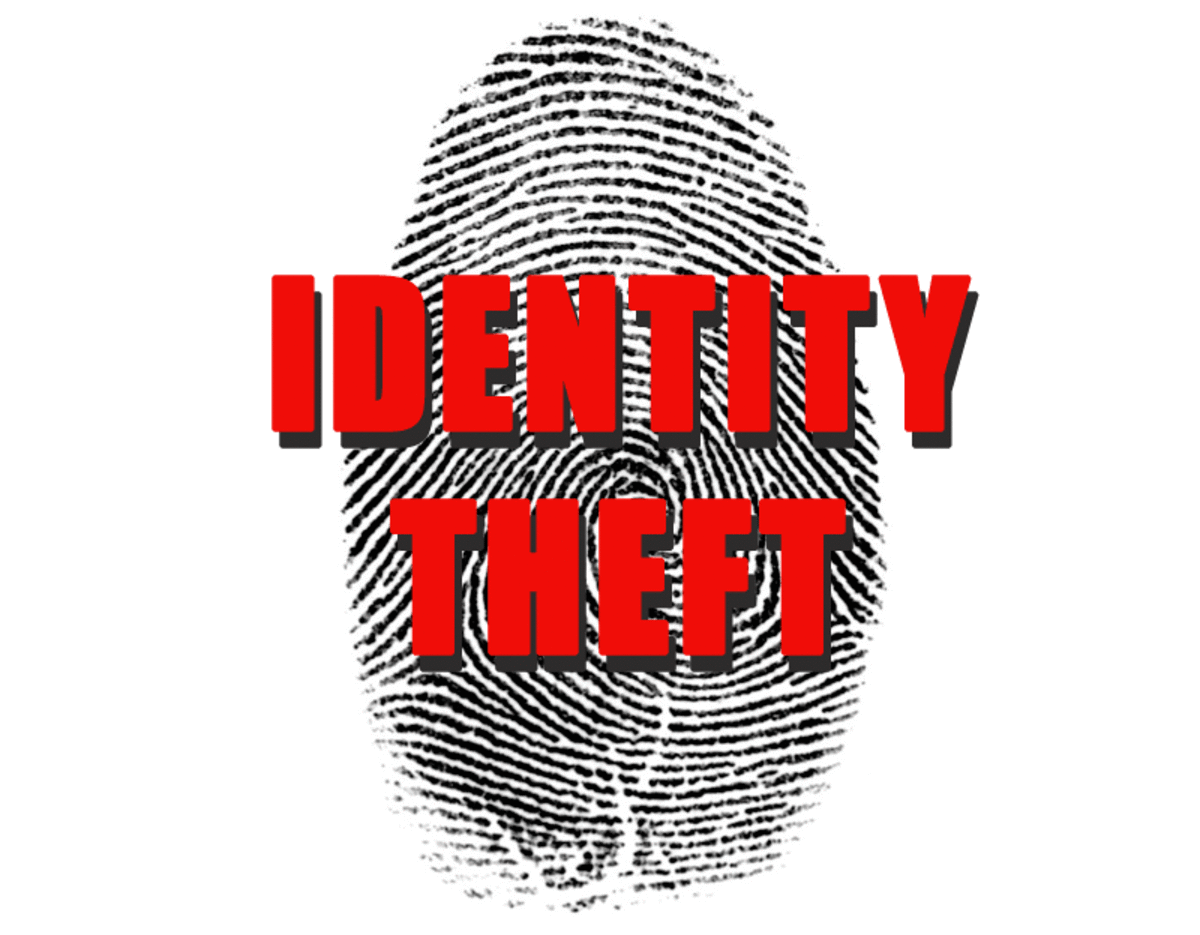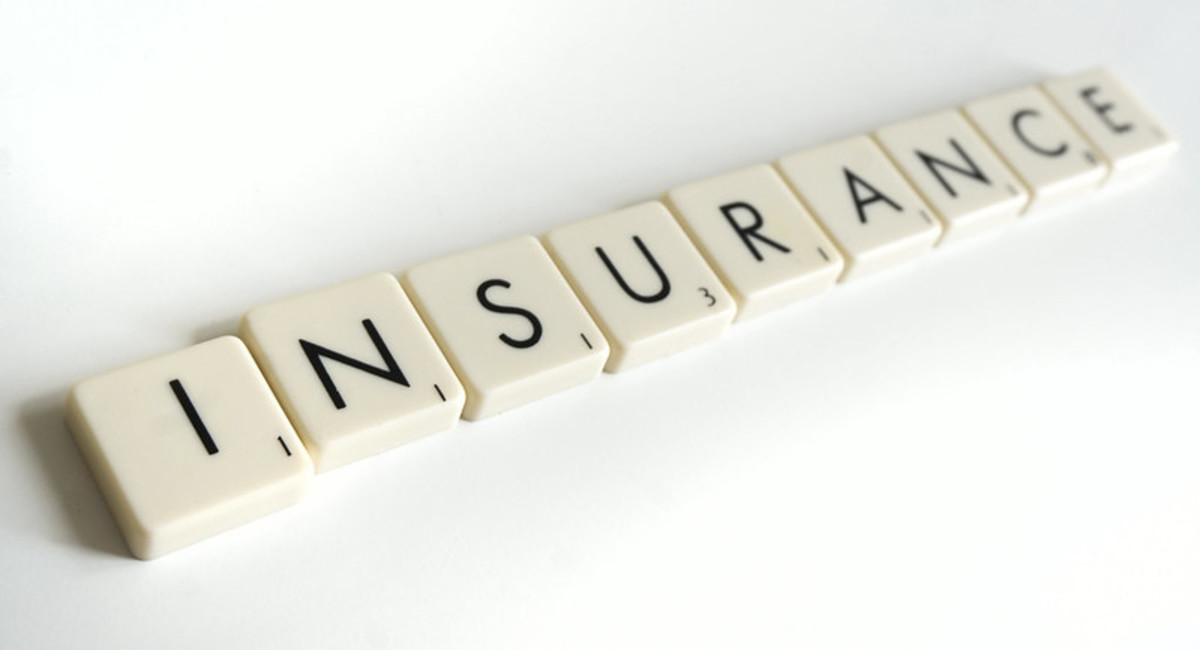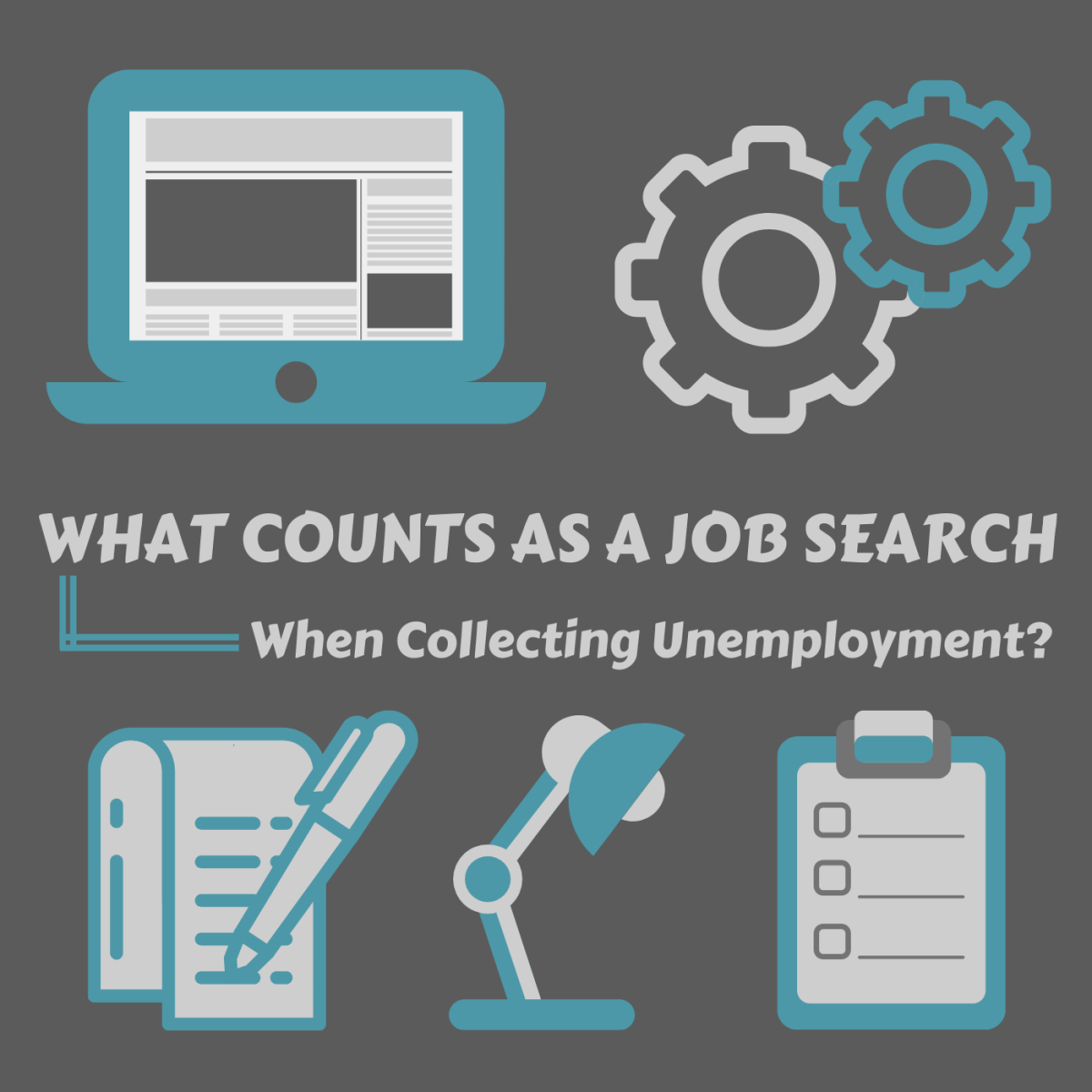Insurance You Don't Need

Insurance for a Toaster?
Target is currently offering an Oster toaster on its website for $29.99. Target's website also suggests you purchase the "product essential" of a "2-year replacement plan" for an additional $4.00.
This raises the question: Do you really need insurance for your toaster? Or should you save that $4.00?
The bigger question is: What types of insurance do you need, and what types of insurance can you do without?
What is Insurance?
Insurance is a practice where we pay a premium to an insurance company in exchange for financial protection in the event of a loss. The insurer pools our risk with that of other customers. Part of our premium goes towards loss payouts, and the rest compensates the insurer.
Most of us need to buy several types of insurance to protect ourselves from the risk of catastrophic losses. For example, most of us need to buy health insurance, life insurance, automobile insurance and homeowners/renters insurance. These policies provide significant financial protection.
There are, however, many other types of insurance that are not necessary. Some of these insurance policies provide protection against insignificant risks that we can easily afford to take. Others protect third parties rather than ourselves. Still others are vastly overpriced.
Unfortunately, many of us waste hundreds or even thousands of dollars each year on unnecessary insurance. This money would be better spent self-insuring ourselves, or finding other ways to protect ourselves. Here are common kinds of insurance we don't need.
Extended Warranties
Extended warranties are offered on many products such as electronics, appliances and vehicles. Target's "2-year replacement plan" on its toaster is an example. These warranties are a form of insurance that protects customers from the risk of loss on their purchases.
Statistically, extended warranties are almost always a waste of money. The profit margin on extended warranties is often 50% or higher, meaning less than half of the premium is paid out for claims. Consumer Reports has found most products do not break during their extended warranty period, and the cost of the extended warranty is often about the same as the repair cost.
The hassles of navigating the fine print of an extended warranty to make a claim also argue against buying extended warranties. After all, how much effort would you go through to get a replacement if your $29.99 toaster breaks after 18 months of daily use?
There are alternatives to buying extended warranties. One alternative is to purchase products with good reliability records. Another is to make your purchases using a credit card with an assurance warranty program. Yet another is to create your own extended warranty fund using the money you save by not buying these warranties.
Home Warranties
Home warranties are sold to provide protection for problems with major home systems such as furnaces, water heaters, air conditioners, plumbing and electrical wiring. They are often offered as part of real estate transactions by eager sellers hoping to persuade buyers to purchase their homes.
The problem with home warranties is they are often riddled with exceptions and exclusions, and so it can be difficult to make a successful claim. A better alternative is to simply save the premium and use it towards the next repair. In the case of a buyer purchasing a home where the seller has offered to include a home warranty, the buyer can simply ask for a price reduction instead.
Credit Card Insurance
Credit card insurance offers to pay your credit card bill in the event you lose your job or are unable to pay for another covered reason such as death or disability.
This insurance is a waste of money for several reasons. First, this insurance often covers only your minimum payments, and so provides little actual coverage. Second, term life or disability insurance often provides overlapping coverage at less cost. Third, collecting on a claim can be a hassle since you have the burden of proof to document your claim.
Credit Card Loss Insurance
Credit card loss insurance protects against the risk of your credit card being stolen.
This type of insurance is not needed since federal law limits your liability to $50 as long as you promptly report the loss. Many credit card issuers will even waive this $50.
Private Mortgage Insurance
Private mortgage insurance ("PMI") protects the lender from loss in the event a high-risk borrower fails to repay a mortgage. It is required when the buyer puts down less than 20% of the home's value.
PMI is a waste of money since the buyer receives no benefit. As noted above, PMI only protects the lender. To avoid PMI, buyers should try to make a down payment of 20% or more of the home's value. Alternatively, buyers can put down 10% and then take a first mortgage for 80% and a second mortgage for 10%. There are also some mortgage programs available which do not require PMI.
Collision & Comprehensive Insurance for Old Cars
Collision insurance pays for damages to your car due to collision. Comprehensive insurance covers damages due to non-collision reasons such as fire, theft or weather. Collision and comprehensive insurance is required by the lender if you have a loan secured by the car, but is otherwise optional.
Collision and comprehensive insurance is often not needed for older cars which have depreciated to the point that the added premiums for this coverage is a significant fraction of the vehicle's value. For example, many people may decide it's not worth paying an extra $200 per year for a 10-year old vehicle worth $2000, especially if the insurance policy carries a $1000 deductible.
A good alternative for people with older cars is to save the extra premium and use that money to pay the costs for any non-collision damage.
Rental Car Insurance
Car rental companies usually try to sell "loss damage waiver" insurance at daily rates of $15 or more. This insurance covers the cost of the rental car, plus some administrative costs.
Many people do not need to purchase rental car insurance because they are covered by their regular automobile insurance policy, or by their credit card company if they pay for the rental using that card. Check with your insurance company or credit card company to see if you can skip this insurance.
Some automobile insurance companies also sell rental car insurance as a separate rider on their regular policies. Whether this makes sense depends on its cost and how often you rent cars.
Travel Insurance
Travel insurance can reimburse you the cost of a vacation if you cannot go because of illness, or if there's a natural or man-made disaster at your destination. It can also pay the costs of evacuating if the need arises, or for providing medical care if you get injured on your trip.
Travel insurance can be beneficial in some situations. For example, if you have a history of frequent medical problems, then paying the premium for trip cancellation insurance can be worthwhile.
But for many people, a better alternative is to simply save the premium and use that money to pay the expenses for a future travel problem. You'll probably save money over your lifetime.
Flight Insurance
Flight insurance provides protection for people killed in plane crashes. It is often sold at airport kiosks.
Flight insurance is a waste of money for two main reasons. First, airline crashes are exceedingly rare events. Second, it is less expensive to purchase a comprehensive life insurance policy instead. After all, the financial protection your family needs in the event of your death doesn't depend on how you die.
Mortgage Life Insurance
Mortgage life insurance will pay off the buyer's mortgage in the event of his death. It is usually less expensive to purchase a term life insurance policy instead. This policy should be large enough to pay off the mortgage along with providing for future living expenses for your family.
Life Insurance for Children
Some companies sell life insurance for children. This insurance is rarely needed because very few children provide financial support for their heirs. Parents are better off saving these premiums for college or their own retirement.
Specific Disease Insurance
Insurance policies are available to protect people against heart disease, diabetes or other specific diseases. The problem with these policies is they do not provide comprehensive health coverage, and so will not protect you if you have some other health problem. It is more efficient and less expensive to purchase a comprehensive medical insurance plan.
Pet Insurance
Pet insurance is analogous to medical insurance but covers pets instead of people. Pet insurance is a complicated product with many exclusions and limitations, and so anyone contemplating purchasing pet insurance needs to read the fine print carefully to understand what coverage they are purchasing.








